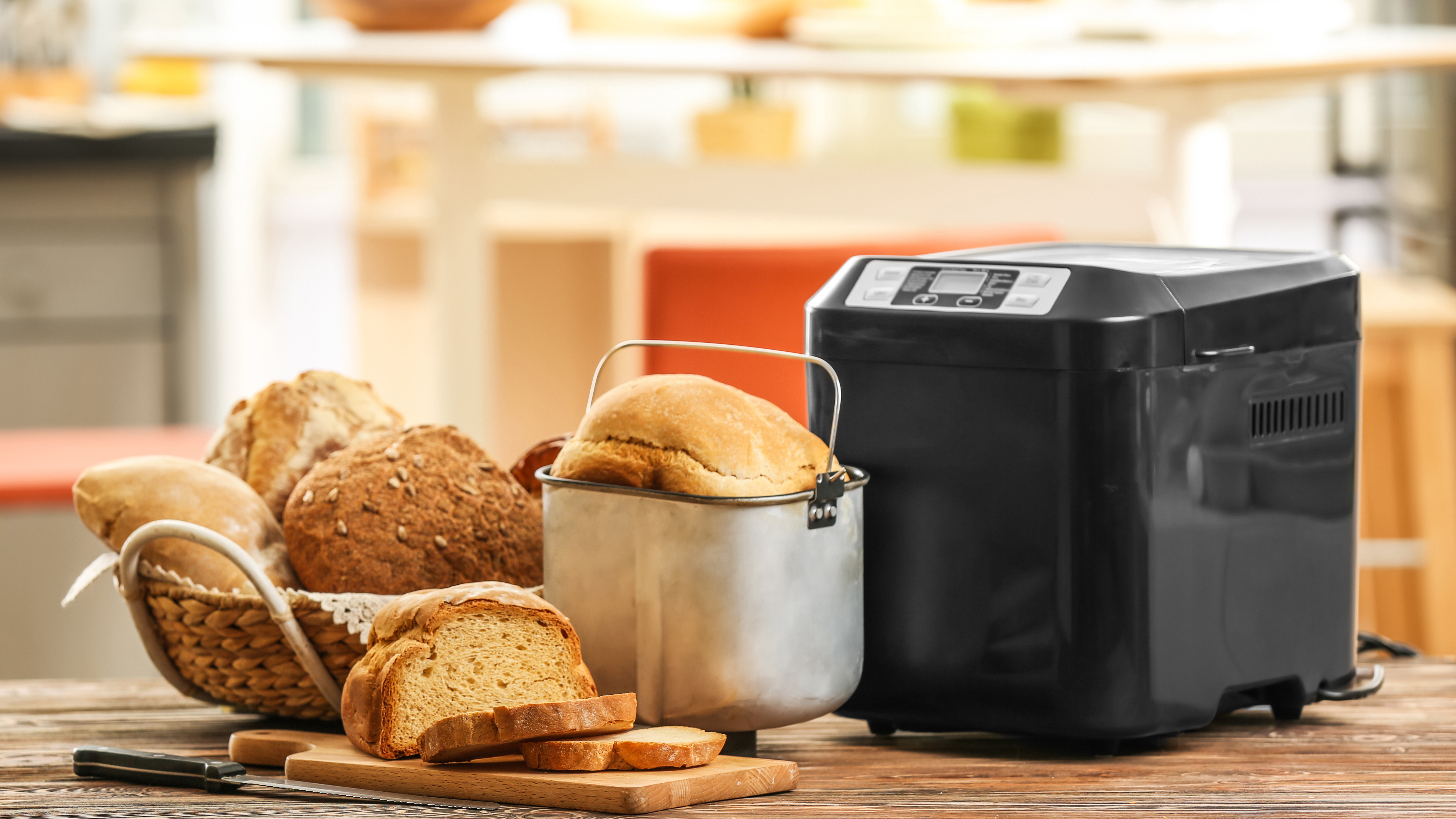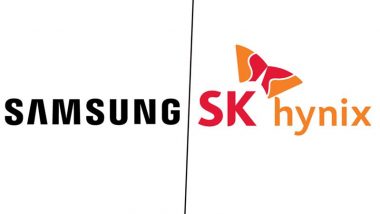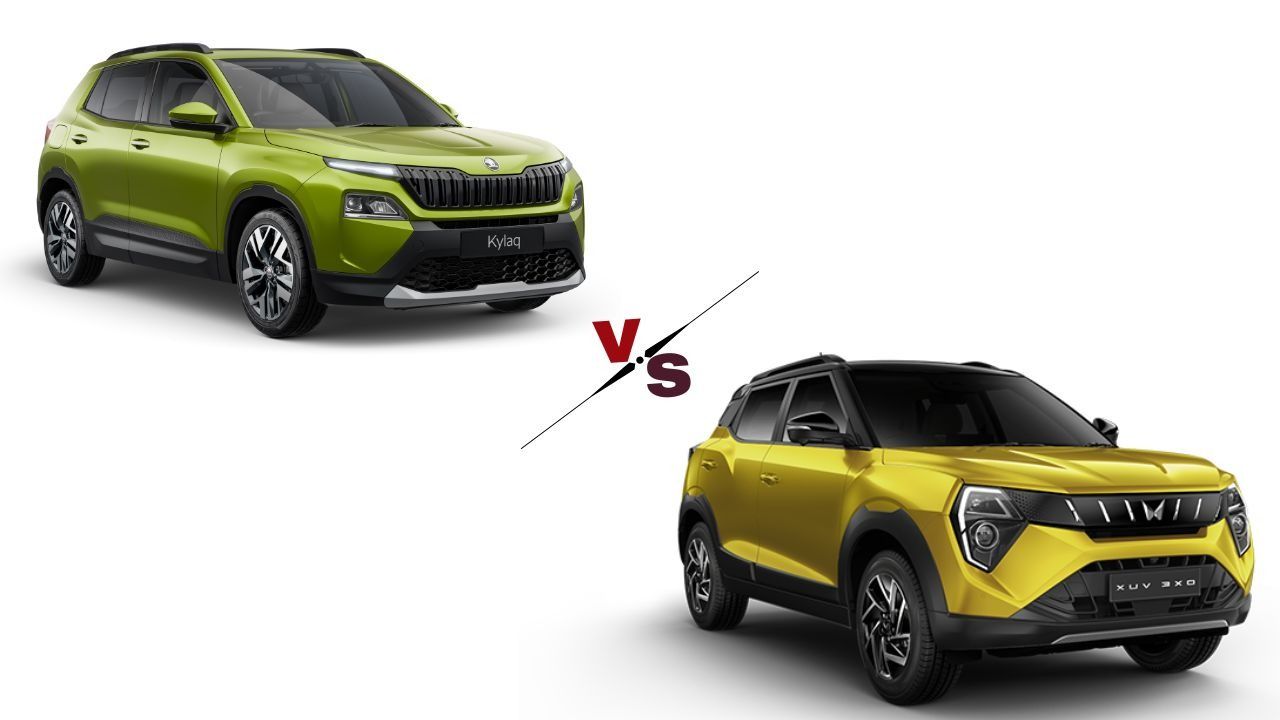
The battery plant of Ultium Cells, a joint venture between LG Energy Solution and General Motors, is under construction in Lansing, Mich., in this undated photo. Courtesy of Ultium Cells LG Energy Solution, Samsung SDI brace for market uncertainty By Park Jae-hyuk Major decisions have been made within the battery industry ahead of the return of former U.
S. President Donald Trump to the White House next month. Amid the looming threat of the abolishment of consumer tax credits for electric vehicle (EV) purchases under his presidency, Korean battery manufacturers and their U.

S. partners have come up with various strategies to cope with the unfavorable market conditions. LG Energy Solution (LGES) is in talks with General Motors (GM) to acquire the U.
S. carmaker’s stake in their joint venture’s third battery cell plant under construction in Michigan. Once they reach an agreement, the nearly completed factory of Ultium Cells will likely be used to supply batteries to Toyota, so that LGES can avoid making additional investments in its American plants.
In October last year, the Korean battery firm signed a contract with the Japanese carmaker to supply 20 gigawatt-hours of batteries annually. “When completed, this transaction will also help LGES meet demand by leveraging capacity that’s nearly ready to come online and it will make GM even more efficient,” GM Chief Financial Officer Paul Jacobson said in a statement on Monday (local time). LGES also said on Tuesday that it is considering buying GM’s stake in Ultium Cells’ plant in Lansing for efficient investment and operation of the factory, as well as to maximize its capacity utilization.
Additionally, both companies agreed to the joint development of prismatic cell technology. Once the development is completed, the battery manufacturing unit of LG Group will become the world’s only producer of all three form factors, including pouch-type and cylindrical cells. The flat and rectangular cell developed under the latest agreement will power GM’s next-generation EVs, but LGES has been able to diversify its customer portfolio by satisfying different needs in each segment.
“Capitalizing on our proven capabilities in materials and manufacturing technologies, we will deliver differentiated prismatic solutions to address the diversifying needs of our customers,” the battery maker said. The battery plant of StarPlus Energy, a joint venture between Samsung SDI and Stellantis, is under construction in Kokomo, Ind., in this November 2023 photo.
Screenshot from StarPlus Energy's Facebook StarPlus Energy, a joint venture between Samsung SDI and Stellantis, is also set to borrow up to $7.54 billion from the Joe Biden administration to finance its two lithium-ion battery cell and module manufacturing plants in Indiana. The U.
S. Department of Energy’s (DOE) Loan Programs Office (LPO) announced the conditional commitment for the loan on Monday (local time). Its commitment is regarded as the result of Samsung SDI’s years of aggressive investments in the U.
S. market, given that LPO borrowers are required to engage with community and labor stakeholders to create good-paying jobs and improve the well-being of the local community and workers. To prevent the potential withdrawal of the loan under Trump’s presidency, the DOE should finalize its decision before he takes office on Jan.
20. “While this conditional commitment indicates the DOE’s intent to finance the project, the DOE and the company must satisfy certain technical, legal, environmental and financial conditions before the department enters into definitive financing documents and funds the loan,” the department said. Read More Korean firms brace as Trump threatens to cut EV subsidies Korean battery industry views Trump win as blessing in disguise On Tuesday, the Korea Battery Industry Association (KBIA) hosted a forum at the National Assembly to discuss countermeasures against the incoming U.
S. administration’s policies. The forum’s participants agreed to the necessity of collaboration between the public and the private sectors to win over the next U.
S. president. “We should aggressively let Trump know that investments from Korean battery firms have led the manufacturing renaissance in the Rust Belt and the Sun Belt and that the Korean battery industry has contributed to the revitalization of the regional economy and job creation,” KBIA Vice Chairman Park Tae-sung said.
.















